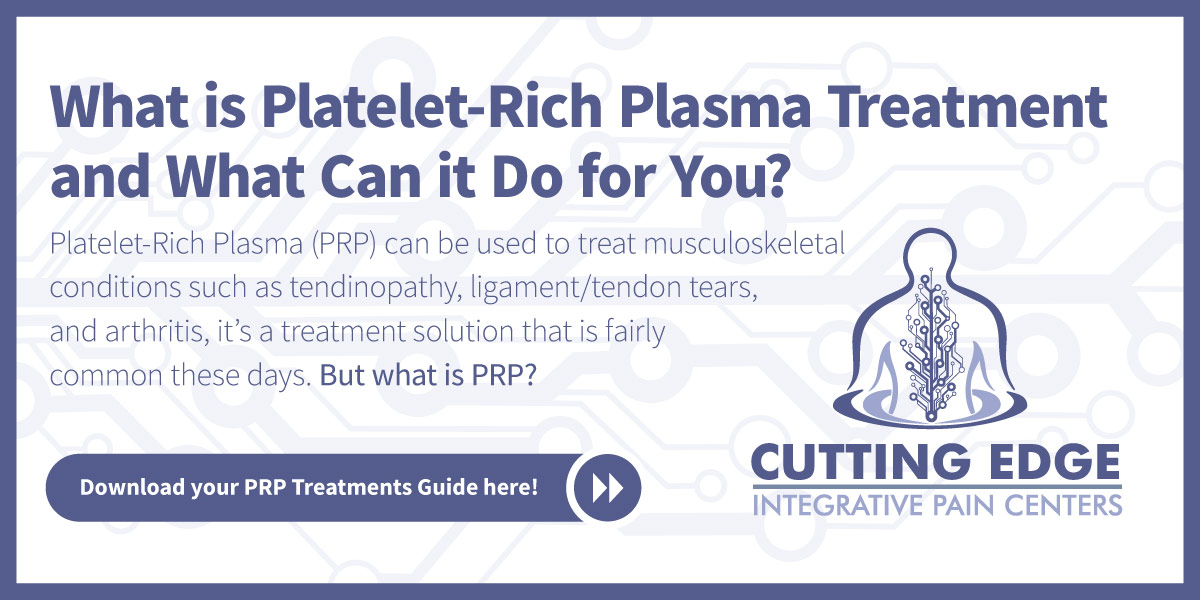Living with nerve pain is not easy, and due to the constant pain, you may have feelings of hopelessness, anger, or even depression. Experiencing this can cause you to withdraw from the people close to you or stop you from doing the fun activities you used to do. There are multiple types of nerve pain that could lead to worsening symptoms, which is why it is essential to understand the different types and treat them as soon as possible.
Interested in Ketamine Infusion Therapy? Click Here to Learn More!
Signs and Symptoms
Nerve pain, also known as neuropathic pain, occurs when your nervous system is damaged or malfunctioning, and as a result, sends false signals to specific parts of the body. Nerves are the pathways by which signals travel to and from the brain, and if the pathways are damaged or malfunctioning, the signals that are transmitted may be abnormal. Nerve pain can be caused by diabetes, HIV, multiple sclerosis, stroke, cancer and cancer treatments, shingles, Parkinson’s disease, injuries, amputations, heavy drinking, and autoimmune conditions.
Nerve pain varies from person to person; some people may feel chronic pain and sharp burning sensation whereas others can experience tingling and numbness. Those with nerve pain may be sensitive to touch or cold, and experience loss of balance, muscle weakness, and a dramatic drop in blood pressure.
Types of Nerve Pain
Peripheral Neuropathy
Peripheral neuropathy is a result of damage to the nerves outside of the brain and spinal cord. The pain might be felt in the legs, arms, hands, or other parts of the body. Peripheral neuropathy is a larger category of nerve pain and has over 100 subtypes including sensory, motor, and autonomic neuropathy.
Sensory Neuropathy
Sensory Neuropathy is a type of nerve damage that transmits sensory information, including touch, feeling, temperature and pain. For example, you might be sensitive to the cold or if someone brushes your skin or lightly touches it, you may feel pain.
Motor Neuropathy
Motor neuropathy is also a type of peripheral neuropathy, which occurs when there is damage to the nerves that control voluntary muscle movement. They can cause muscle cramps, muscle weakness, and twitching.
Autonomic Neuropathy
Autonomic neuropathy affects the nerves that control internal organs and regulate important functions of the body including blood flow, breathing, and digestion.
Diabetic Neuropathy
Diabetic neuropathy is very common and can be a complication of diabetes. Diabetes causes high blood pressure in the body, and over time can cause damage to the nerves, most commonly in the hands and feet.
Focal Neuropathy
Focal neuropathy is damage to a single nerve within the head, hand, torso, and legs. This type of nerve damage is less common than peripheral and autonomic neuropathy. It can cause double vision and sudden weakness or pain.
Phantom Limb Syndrome
Phantom limb syndrome is when amputee patients experience a painful sensation in a part of their body that no longer exists, as a result of mixed signals from the brain and spinal cord. Patients often experience burning, prickling, or shooting pain.
Central Pain Syndrome
Central pain syndrome is a neurological condition that is caused by damage to the central nervous system, including the brain, brainstem, and spinal cord. This syndrome can be caused by brain or spinal cord trauma, Parkinson’s disease, brain or spinal cord trauma, stroke, and epilepsy. The pain may occur in larger areas of the body, or it can be concentrated more in certain areas, such as the feet and hands.
How TMS can Help Relieve Nerve Pain
If you are dealing with these types of pain, it may lead to difficulty in sleeping, feeling abnormal, or can even develop mental health disorders including depression. Transcranial magnetic stimulation (TMS) is FDA approved and is a noninvasive procedure that uses magnetic fields to stimulate the nerve cells in your brain, which regulate your mood. These nerve cells may be linked with developing depression.
If you or someone you love has nerve pain, whether it is caused by diabetes, cancer, shingles, or another condition, you should take it seriously, because it may not go away on its own. Treating nerve pain as soon as possible will give you better results. If you want to learn more about the several types of nerve pain and the treatments, schedule an appointment with Cutting Edge today.


